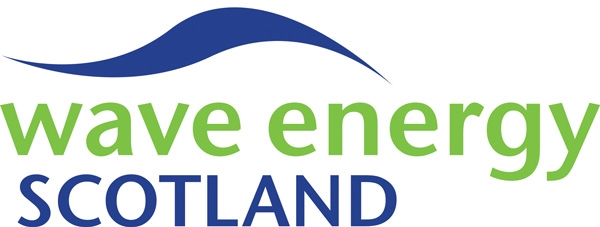Lead contractor
Offshore Renewable Energy Catapult
Sub-contractor(s)
Quoceant Ltd
Sgurr Control Ltd
Overview
Prior to issuing technology development calls, Wave Energy Scotland carries out landscaping studies to identify the state of the art for the selected technology development areas. This landscaping study investigates the control requirements of Wave Energy Converters (WECs).
The control of forces, motions, power transmission, and auxiliary systems is a fundamental requirement of any WEC system and should be considered integral to the entire concept and design development. This report aims to convey a comprehensive statement and explanation of the functional requirements and scientific targets that need to be satisfied for a WEC control system to be effective. WEC control is a challenging topic but is more readily assimilated if the context for control is understood. This report provides that foundation, developing the theme of control functional requirements in a number of ways including a demonstration that all of the main control requirements for WECs are closely mapped to the metrics that influence cost of energy, these being performance, availability/reliability, survivability, cost base and practicality.
The study was undertaken by the Offshore Renewable Energy Catapult with partners Quoceant and Sgurr Control
Supplementary guidance on the specification and interfacing of models and simulations of Wave Energy Converters (WEC), and Power Take Off (PTO) systems in particular is given in 'Modelling and Validation of Power Take Off Systems for Control Development'.
Control Requirements for Wave Energy Converters
July 2016
The control of forces, motions, power transmission, and auxiliary systems is a fundamental requirement of any WEC system and should be considered integral to the entire concept and design development. This report aims to convey a comprehensive statement and explanation of the functional requirements and scientific targets that need to be satisfied for a WEC control system to be effective. WEC control is a challenging topic but is more readily assimilated if the context for control is understood. This report provides that foundation, developing the theme of control functional requirements in a number of ways including a demonstration that all of the main control requirements for WECs are closely mapped to the metrics that influence cost of energy, these being performance, availability/reliability, survivability, cost base and practicality.
Control functionality is discussed at a high level in terms of the sub-system that control is seeking to influence (the primary converter) and the sub-systems that control is generally expected to be exercised upon (the power-take-off). This provides a platform for more in-depth discussion of control later in the report. The separate concepts of high level, supervisory and low level, real time control are also introduced and discussed. The report also seeks to demonstrate that a generalised mathematical approach is both possible and insightful when developing an understanding of the control functional requirements and how they relate to economic related outcomes such as energy absorption and costs of equipment.
The report presents some of the fundamental system physics of wave energy, including showing how the governing equations can be re-expressed and approximated in the time domain in a form that is control friendly. It is shown how energy yield may be maximised by controlling the impedance of the power-take-off dynamics to match the intrinsic hydrodynamics, and how this approach must be adapted in practice to take account of uncertainties in the inputs, approximations in the system model, and constraints in response excursions or loads.
The report is generally presented in a form that is targeted at the control engineer which leads to practical insights of importance to the development of control systems for implementation on real systems. The report also investigates the impact of control upon power conditioning, energy storage, and the practical requirements and processes that must be met if real-time control is implemented. Sensing systems and communications are also investigated. Also discussed are the high level control requirements with respect to information gathering, interpretation and presentation. Monitoring and interpretation of prevailing sea state and real time wave conditions seen by the WEC are clearly inputs of fundamental importance to the WEC system and the challenges of estimating these inputs are described. Some of the figures from the report are available to download separately in higher resolution.
Modelling and Validation of Power Take Off Systems for Control Development
June 2017
Following on from the delivery of the "Control Requirements for Wave Energy Converters" Landscaping Study, WES has identified the need for guidance on the specification and interfacing of models and simulations of Wave Energy Converters (WEC), and Power Take Off (PTO) systems in particular, for use in control development and performance assessment work.
The aim of this report is to both provide a condensed background description of Power Take Off (PTO) modelling requirements and the specifications required by control developers to use in the development of practically realisable controllers; and to provide distilled guidance to control developers on PTO specifications and how to include this required functionality in their models, allowing them to characterise performance with respect to them. This will lead to realistic results by being able to model realistic PTOs, and specification feedback can be offered to PTO developers.

